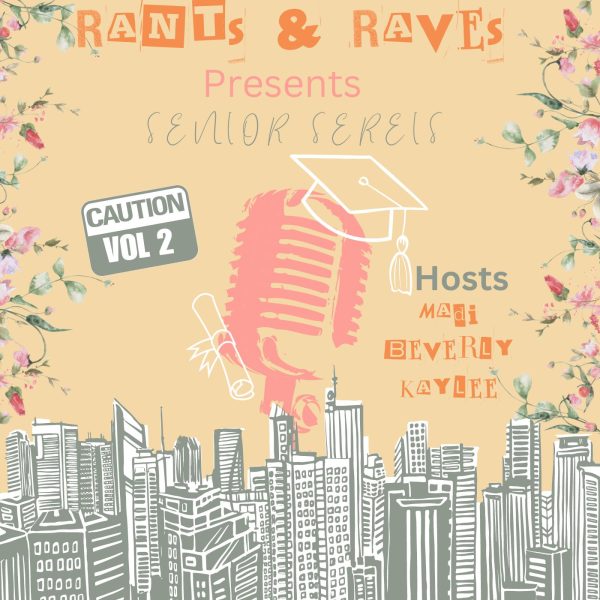Standardized-SRG Grading
December 16, 2016
Fairness, accuracy, specificity, and timeliness: the goals of Standards Referenced Grading. The grading system with a plan to standardize grading for all teachers across all schools. Is it working though? Are students benefiting from the new grading system?
The answer is up for debate, waging a war between the district and those who reside within it. There are no clear sides, only opinions and unspoken issues never to be resolved.
“If dmps actually cared about their students going beyond high school, which is basically the whole goal of getting a valuable high school education, they should have looked at the system and looked at the flaws” junior Camryn Drummond-Croy said.
Many students do not agree with the SRG system, they feel that it isn’t preparing them for college. Drummond-Croy points out this flaw,
“I feel like SRG single handedly destroyed preparation for college. It does not give us a realistic expectation of what teachers and professors are going to want us to do, i mean there’s only one benefit and that is that our teacher will let us retake practically anything we want. And that does not prepare us for college at all,” Drummond-Croy said.
She was a part of the “guinea pig” year when it came to SRG. The first group to experience and grow up with it, this means that every year she’s experiencing teachers who are new to the grading scale. Teachers who don’t fully understand the ins and outs, which makes it difficult to succeed in their classes. “What about the students who want to excel? Who can excel when teachers don’t know how to work with their grading system. How are you expected to excel?” Drummond-Croy said.
Drummond-Croy isn’t the only one bothered by SRG: senior Leo Garcia has issues with it as well.
”I think srg isn’t practical for use in high school. In theory it makes sense, students get graded on different levels of proof of knowledge. Those who do good still do good. The issue is that even though those students are more than likely doing the same work, they often get lower grades since the teachers are bound by stiff grading criteria” Garcia said.
Students aren’t the only people frustrated by SRG grading. Many teachers are as well.
Freshman English teacher Julie Keith is fed up with the issues of SRG.
“I think one of the huge disadvantages to standards referenced grading is that it has narrowed what i can grade (students) on to such a fine point, that students who are worried about just passing and not necessarily learning, it leaves them with very isolated pieces of what we have learned instead of an overall education” Keith said.
One of Keith’s biggest problems is the lack of homework that teachers are able to give students, which makes her feel that her students, and her own children, will be unprepared for the college level. Keith is in a unique position as her own kids are experiencing the shift by DMPS to standards referenced grading.
“My daughter who is in eighth grade and taking classes at Central Academy is almost having a meltdown because she didn’t have any (homework) in sixth and seventh grade and is now stressed out because she is assigned homework,” Keith said.
Keith is not the only teacher at East who is feeling the effects of SRG. English teacher Virginia Johnson expresses her concerns with SRG as well.
“I don’t think SRG is pushing the best learners. I think it provides more for the lower students. I think everyone deserves and I don’t think everyone is getting what they need from SRG at this time,” Johnson said.
With all of this said, SRG is still the grading system everyone needs to get used to. It’s here to stay, whether we like it or not. As students we have an obligation to adapt to the grading standards. It’s only four years, let’s make the most of them.






